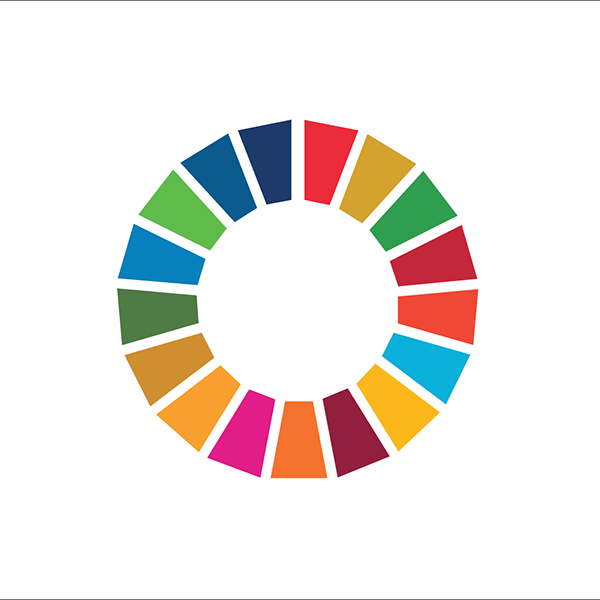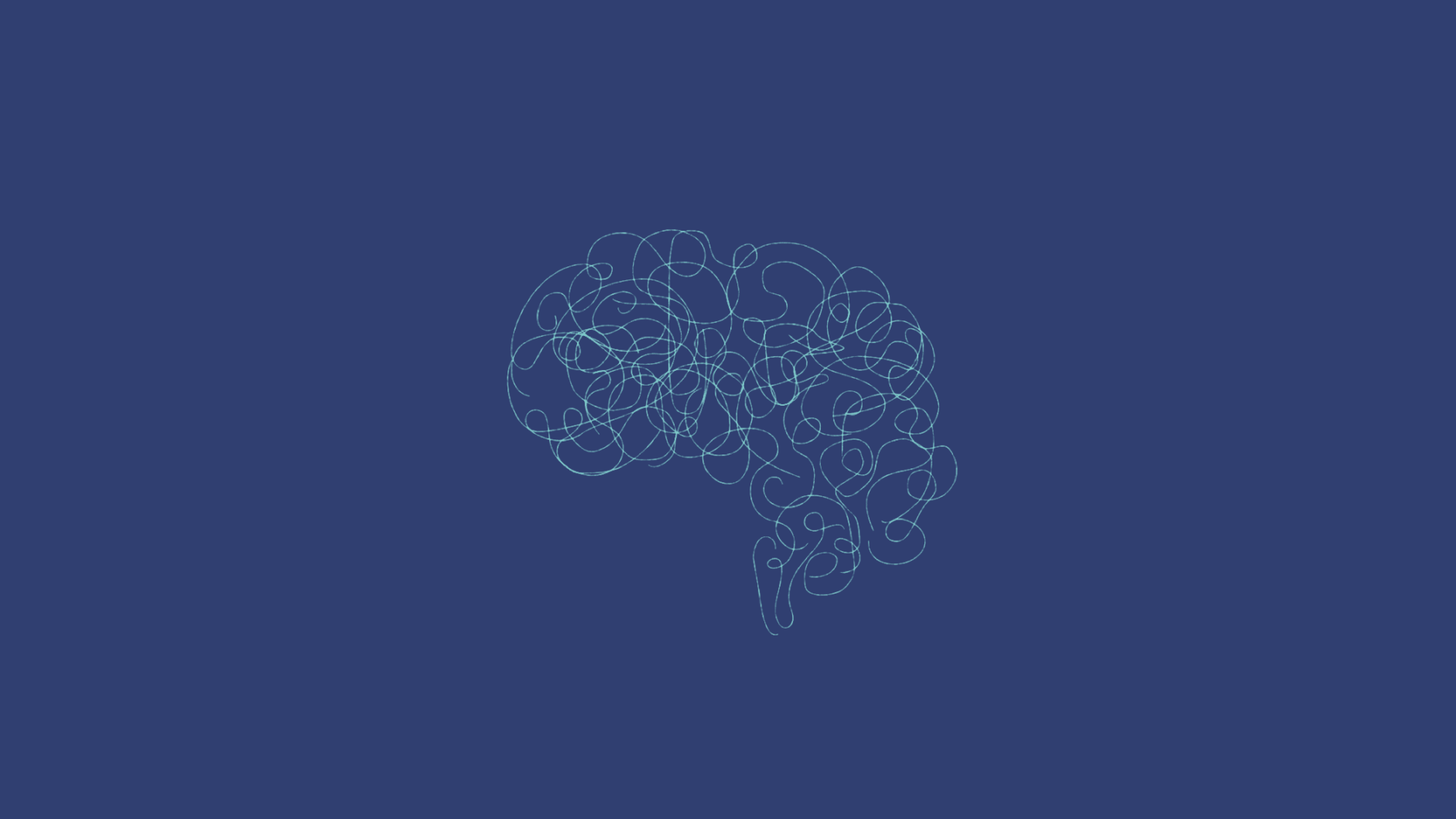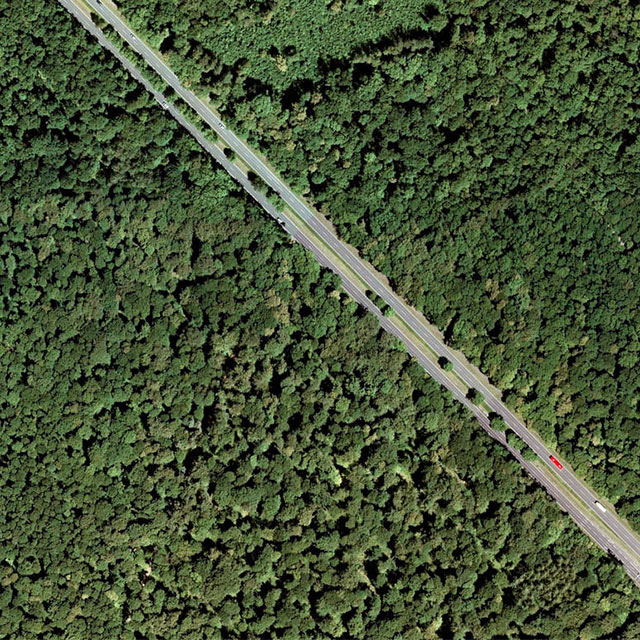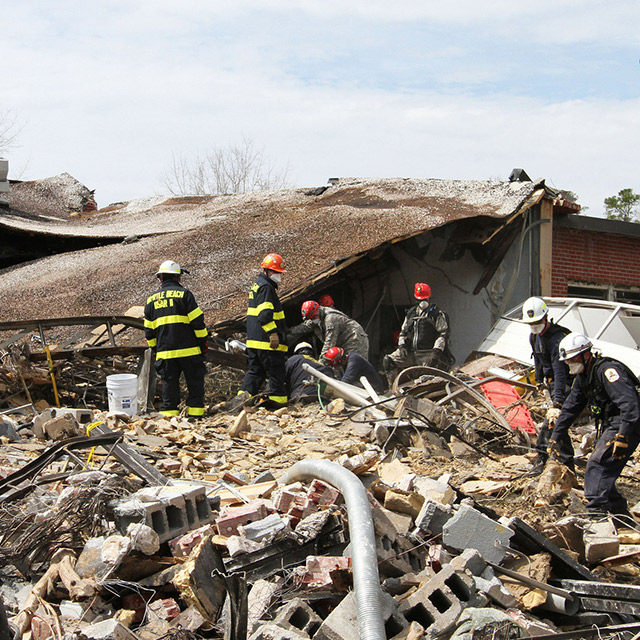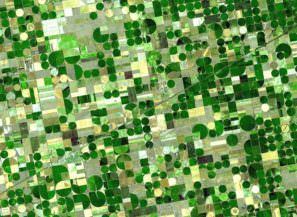With concerns about climate and global environmental changes, extreme events, and increases in social, economic, and political shocks, the concept of resilience is proving popular across a range of sectors as a way to understand and respond to our surprise-riddled world.
Resilience thinking includes the ability to persist in the face of challenges, adapt to new realities, or transform to fundamentally new paths for development. Resilience thinking is more than a theory, more than a set of tools. It is a way of seeing the world, offering a new perspective of how change in the world happens. Resilience thinking provides a new approach for building understanding and taking action in a complex world that is deeply interconnected and ever-changing. A world where controlled, planned approaches, existing knowledge and current solutions are not enough to effectively respond to the challenges in a highly dynamic and uncertain future. Addressing poverty, injustice, and inequality, and advancing human well-being remains a major ambition and challenge for the 21st century, and it now needs to take into account that development will happen in a context radically different from the past.
This course includes case studies and examples from practitioners who are working with resilience concepts in diverse contexts around the world. It is supported by strong scientific evidence and committed to being a platform to bring together and spark collaboration between individuals and organizations from around the world who are driven to transform development.
